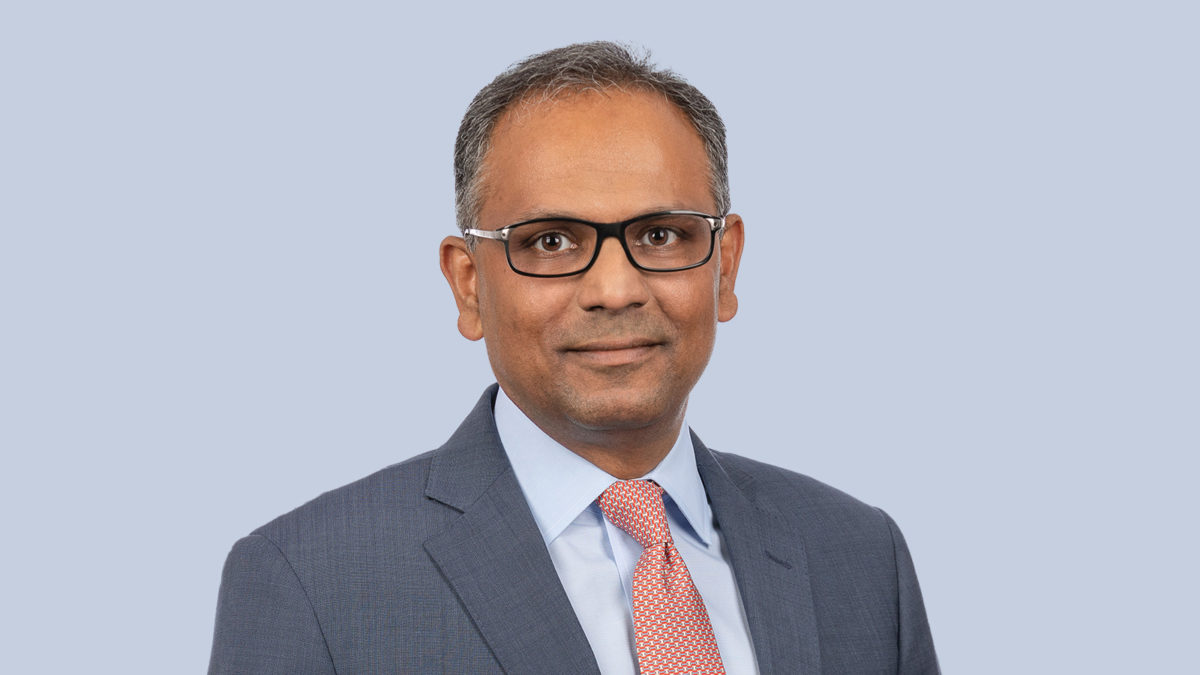GQG hunts growth as instos sell the top dogs
Times are still tough for equities, but listed fund manager GQG Partners has been a rare performer through the volatile first half of 2022, aided by the decision of global CIO Rajiv Jain to go underweight tech stocks before that bubble burst. But while it still saw net inflows of US$6.3 billion over the half, its performance hasn’t completely insulated it from equity de-risking on the part of institutional clients.
“I think it’s not surprising,” CEO Tim Carver told an earnings call on Thursday (August 11). “There’s two things that are happening here. One is that, sort of perversely, I think we become the piggy-bank where if there’s a broad equity de-risking clients are not selling the fund managers who underperformed more significantly than we have.”
“The separate thing that’s happening is clients give a targeted allocation to GQG – for example, in the global equity portfolio – and our relative performance means we’re now a bigger portion of the client portfolio and they’re selling down back to their target allocation. So a little bit of taking gains along the way… I don’t see the net redemptions we’ve had as indicative of any shortcomings on our part.”
Europe has seen the strongest de-risking, but the same phenomenon is playing out in Australia and the US. In the short term, Carver expects institutional clients to keep “immunising” their portfolios, but believes the phenomenon will “taper over time” and there will be strong growth over the long-term if performance holds up. GQG has seen strong outperformance in its four core strategies, garnering significant attention from analysts and asset consultants on Nasdaq’s eVestment platform, where it is currently one of the most searched fund managers in the world.
“Combining strong performance, strong ratings, and lots of research activity, that suggests to me that we’re positioned for continued business momentum,” Carver said. “But I want to temper that with a recognition that there continue to be meaningful headwinds – market volatility, continued equity de-risking among large institutions, and an uncertain geopolitical environment – which could have negative impacts on FUM growth.”
While the bulk of GQG’s business Down Under is with the super funds that were some of its first international clients, it’s been chasing wholesale growth since it opened a Sydney office here in 2019. The manager now has Brisbane and Melbourne offices, and a team of 12 on the ground; it was the number one emerging markets and number two global equity fundraiser for the half year, despite the aforementioned headwinds.
While Carver says the bar is high for launching new strategies, GQG has had a “number of conversations” and he believes that investment teams might shake loose from some of the “larger shops that have been hit harder by the volatility in the market.”
“It’s been quite a unique period – one could compare it to what happened in early 2000, and there’s some similarities to the GFC – so I’m quite pleased that we’ve navigated it reasonably well in terms of our overall performance and, more importantly, in terms of preserving capital for our clients,” Jain told the same briefing.
“While there seem to be some signs of stabilisation, it’s probably a little premature to say that we’re out of the woods. The Fed is still looking to raise rates, inflation is still at large, the European energy situation is still pretty risky. We believe adaptability will be the key tenet required.”











